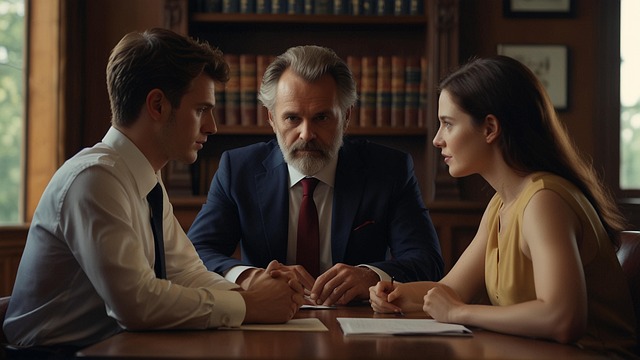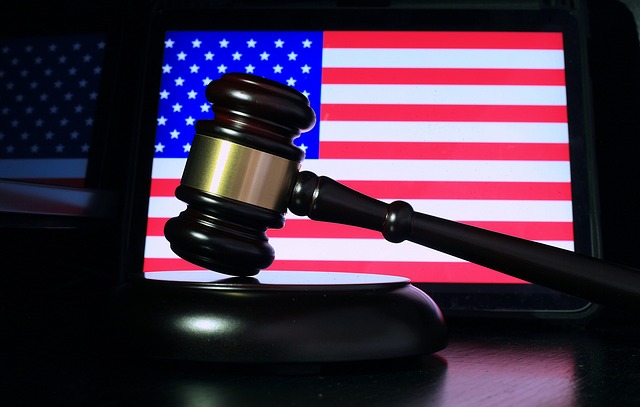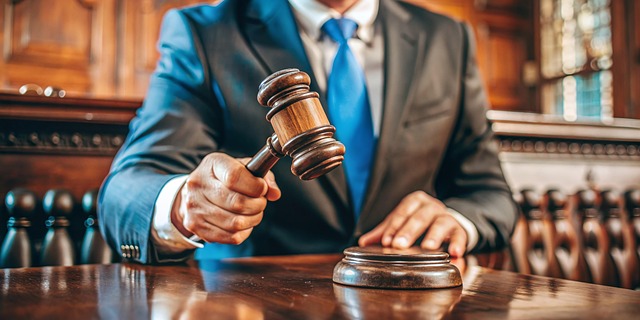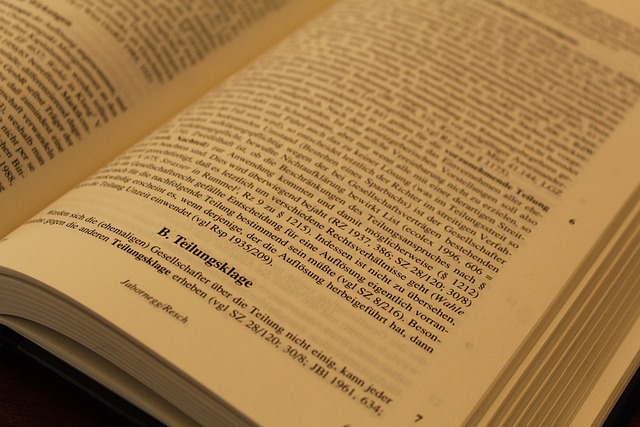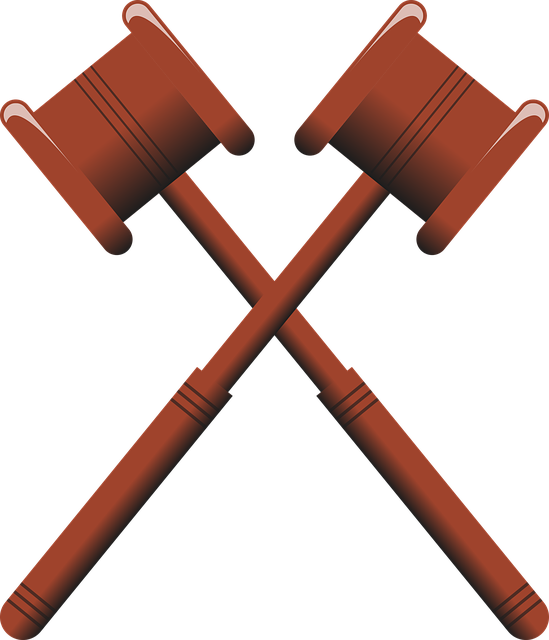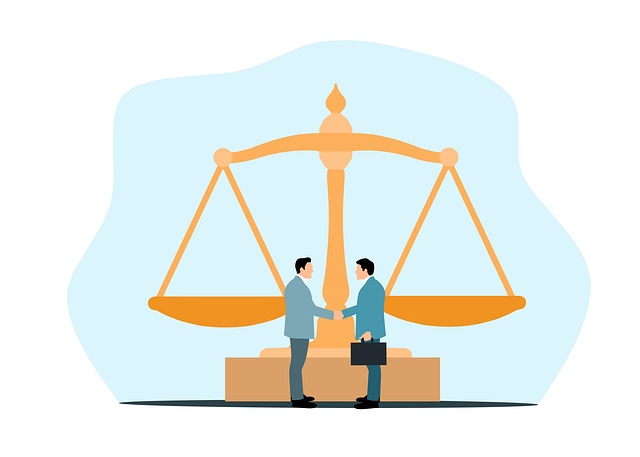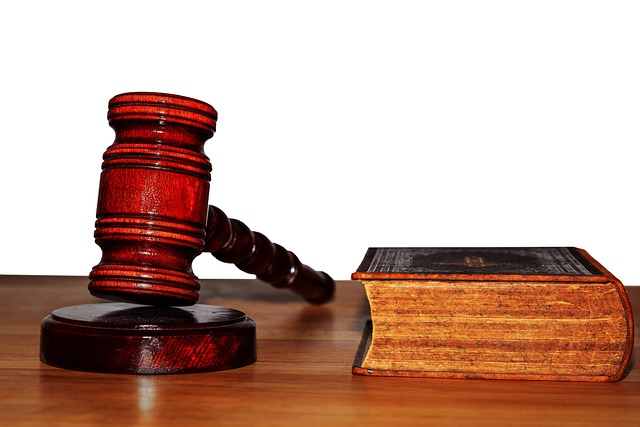
Category: Arvada Colorado Intellectual Property Law
Arvada Colorado Intellectual Property Law: A Comprehensive Overview
Introduction
In the dynamic world of intellectual property (IP), Arvada, Colorado, has emerged as a significant hub, shaping legal landscapes and fostering innovation. This article delves into the intricate web of Arvada Colorado Intellectual Property Law, exploring its definition, global reach, economic implications, technological influences, policy frameworks, and future trajectory. By understanding this legal domain, businesses, inventors, and enthusiasts can navigate the complex IP landscape, capitalize on opportunities, and address challenges effectively. Get ready to explore how Arvada’s IP laws are revolutionizing industries and protecting valuable ideas worldwide.
Understanding Arvada Colorado Intellectual Property Law
Definition:
Arvada Colorado Intellectual Property Law encompasses a set of legal principles and regulations designed to protect and manage intellectual creations. It includes various forms of property such as patents, trademarks, copyrights, trade secrets, and related rights. These laws ensure that inventors, creators, and businesses can safeguard their original ideas, innovations, and artistic expressions, fostering a culture of creativity and fair competition.
Core Components:
- Patents: Protecting inventions by granting exclusive rights to the inventor for a limited period. This includes utility patents, design patents, and plant patents.
- Trademarks: Legal protection for words, phrases, symbols, or designs that distinguish goods or services in the marketplace.
- Copyrights: Automatische protection for original works of authorship, including literary, artistic, musical, and dramatic creations.
- Trade Secrets: Confidential business information that provides a competitive advantage, protected by non-disclosure agreements and similar measures.
- Related Rights: Includes database rights, designs, semi-conductors, and geographical indications, among others.
Historical Context:
Arvada’s IP laws have evolved over centuries, reflecting societal changes and technological advancements. The foundation of modern IP law can be traced back to the Industrial Revolution, when inventors sought protection for their innovations. The U.S. Patent Act of 1790 was a pivotal moment, establishing the federal government’s role in granting and administering patents. Since then, international treaties like the Paris Convention (1883) and the TRIPS Agreement (1994) have harmonized IP protection globally, ensuring consistent standards across borders.
Significance:
Arvada Colorado Intellectual Property Law plays a pivotal role in several ways:
- Encourages Innovation: By providing legal protections, it motivates individuals and businesses to invest time and resources into research, development, and creativity.
- Promotes Fair Competition: IP laws ensure that market participants rely on their own merits, preventing unfair practices and maintaining a level playing field.
- Stimulates Economic Growth: Protected intellectual property can lead to increased investment, job creation, and international trade, contributing to economic prosperity.
- Protects Cultural Heritage: Copyrights and related rights safeguard artistic expressions, ensuring that creators are recognized and compensated for their work.
Global Impact and Trends
Arvada’s IP laws have a profound global reach, shaping legal frameworks worldwide. Here’s an overview:
| Region | Key Trends | Impact |
|---|---|---|
| North America | Stricter enforcement of copyright and patent laws | Increased protection for content creators and tech innovators |
| Europe | Harmonization efforts through the EU IP Code | Simplified procedures and enhanced protections across member states |
| Asia-Pacific | Rise of regional IP courts and tribunals | Faster dispute resolution and growing trust in IP systems |
| Middle East | Increasing focus on protecting traditional knowledge | Conserving cultural heritage and promoting sustainable development |
International Collaboration:
Global collaboration is a defining trend, with international organizations like the World Intellectual Property Organization (WIPO) facilitating cooperation. WIPO’s treaties and agreements provide a framework for recognizing and enforcing IP rights worldwide, ensuring consistency in legal standards.
Economic Considerations
Market Dynamics:
- Tech Sector Dominance: Arvada’s IP laws have significantly influenced the tech industry, fostering innovation in software, hardware, and digital content.
- Startup Ecosystem: The city’s vibrant startup culture relies on robust IP protection to attract investors and secure funding.
- Licensing and Royalties: Protected intellectual property can generate substantial revenue through licensing agreements and royalty payments.
Investment Patterns:
- Venture Capital Flows: Arvada attracts significant venture capital investment, particularly in tech startups with strong IP assets.
- International Investment: Foreign investors are drawn to the city’s robust IP legal framework, contributing to economic diversity.
- IP-Driven Growth: Companies with well-protected IP often experience higher valuations and faster growth rates.
Technological Advancements and IP
Digital Transformation:
The digital age has revolutionized intellectual property law:
- Online Piracy: While it poses challenges, the internet also enables easier access to copyrighted content, driving demand for stringent IP enforcement.
- Open-Source Software: Collaborative development models require clear IP guidelines to ensure proper attribution and protection.
- AI and Machine Learning: These technologies raise novel IP questions, such as ownership of AI-generated works.
Emerging Technologies:
- Blockchain: Offers decentralized IP management, enhancing transparency and security for creators.
- 3D Printing: Raises concerns about intellectual property infringement and the need for new forms of protection.
- Biotechnology: IP protection in biotech is complex, involving patents on genetic sequences and therapeutic methods.
Policy Frameworks and Legal Aspects
U.S. Intellectual Property Law:
- Federal Regulations: The U.S. Patent and Trademark Office (USPTO) administers patent and trademark registrations, ensuring compliance with federal laws.
- State Laws: Some states have additional IP protections for specific types of intellectual property.
- Legal Challenges: Courts play a crucial role in interpreting IP laws, addressing disputes, and setting precedents.
International Agreements:
- TRIPS Agreement: A cornerstone of global IP cooperation, ensuring minimum standards for IP protection.
- WIPO Conventions: Facilitate international patent and trademark registration, streamlining the process for inventors.
- Bilateral Treaties: Many countries have bilateral IP agreements to strengthen protections for cross-border investments.
Future Trajectories and Challenges
Emerging Trends:
- AI and Intellectual Property: Defining ownership and liability in AI-generated works will be a key challenge.
- Cybersecurity and IP: Protecting intellectual property in the digital realm from cyberattacks and data breaches.
- Sustainable Development Goals: Integrating IP policies with environmental and social agendas for sustainable innovation.
Addressing Challenges:
- Access to Justice: Ensuring that small businesses and inventors have affordable access to legal services for IP protection.
- Global Enforcement: Harmonizing laws and improving international cooperation to combat counterfeiting and copyright infringement.
- Ethical Considerations: Balancing IP protection with public interest, fair use, and access to knowledge.
Conclusion
Arvada Colorado Intellectual Property Law is a dynamic and evolving field, shaping the future of innovation and creativity. By understanding its intricacies, individuals and organizations can navigate the legal landscape, capitalize on intellectual property, and contribute to a vibrant global economy. As technology advances and societies change, IP laws will continue to adapt, ensuring that Arvada remains at the forefront of protecting and promoting intellectual creations.


